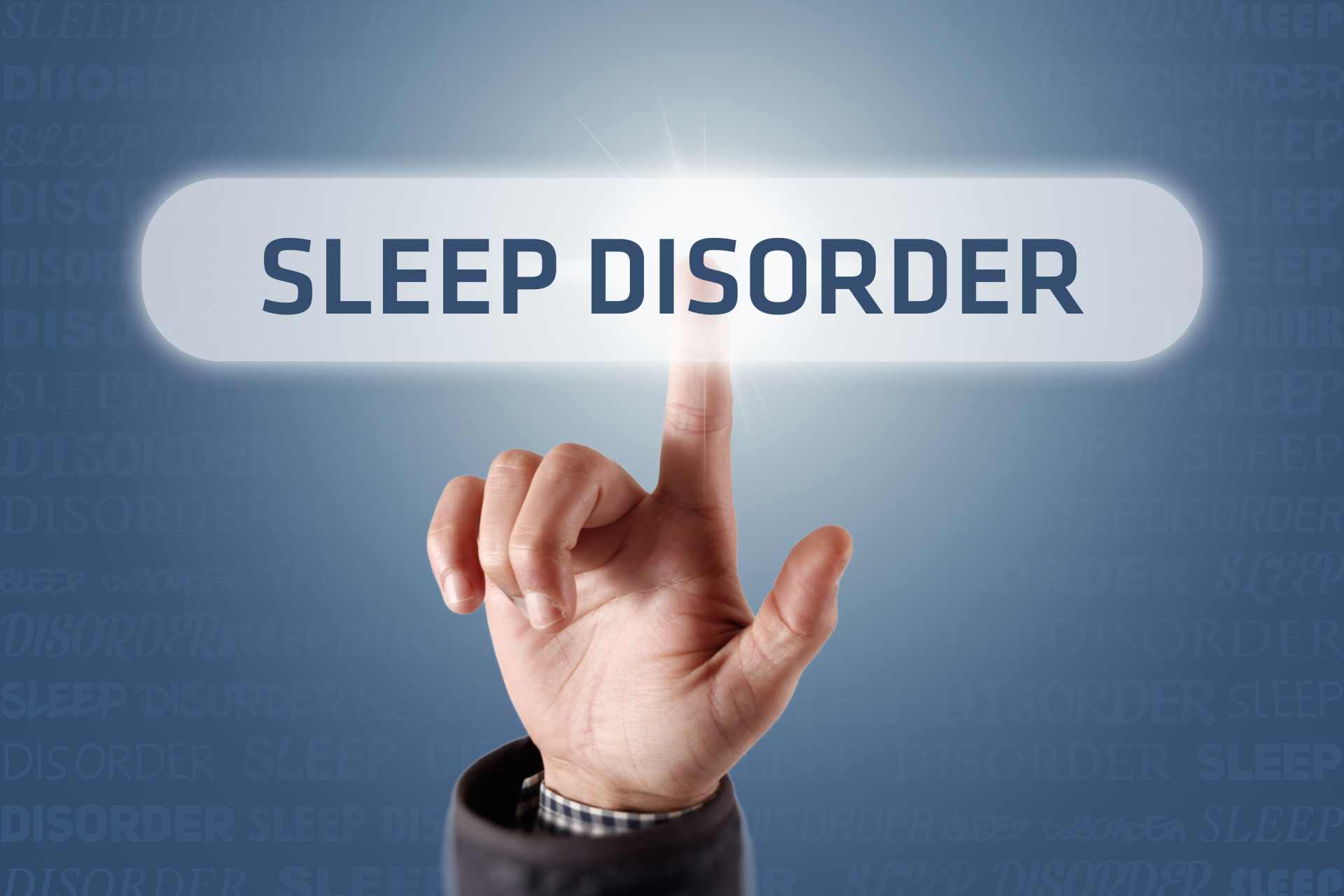
How Do Sleep Disorders Impact the Mental Health of a Person?
How Do Sleep Disorders Impact the Mental Health of a Person?
Introduction
Good sleep is key to maintaining physical and mental health, and a lack of adequate sleep can lead to significant dysfunction in all domains of life. Sleep disorders have become increasingly common in current times, and studies indicate that the pandemic has led to a tremendous increase in the prevalence of these disorders in the general population.
Insomnia is one of the most common sleep disorders and primarily comprises the inability to get the optimum amount of sleep needed for effective functioning. It is characterised by difficulty in falling asleep, disturbances during sleep, or early morning awakening.
Causes of Sleep Disorder
- Stress: Stress has become a common concern for everyone living in the present world, be it related to work, family and relationships, social events, and so on. Prolonged and severe stress can have a detrimental effect on sleep as a relaxed state of mind is crucial for restful sleep.
- Psychological disorders: sleep disorders are commonly linked to psychological disorders such as anxiety, depression, and bipolar disorder (particularly the manic phase). Sleep and mental illnesses mostly share a bidirectional relationship—psychological disorders often lead to sleep problems, while on some occasions, lack of adequate sleep for a long period of time may lead to psychological problems.
- Certain medical conditions or physical ailments are directly associated with sleep disorders, particularly hyperthyroidism, terminal illness and chronic painful conditions, neurological disorders (Alzheimer’s, headaches, strokes, etc.).
- Overuse of technology: With the advent of technology, our generation is exposed to too much content for consumption, and the use of gadgets for most parts of the day has led to an increase in sleep disorders. The light emitted from phones and gadgets interferes with sleep onset as well as the sleep-wake cycle.
Sleep Disorders and Consequences
Sleep has a tremendous impact on the mental health of the individual, and at least 8–9 hours of sleep is required by the body. Sleep deprivation has been related to a range of negative health outcomes, including heart disease, type 2 diabetes, and many psychiatric conditions.
Sleep difficulties are more common in those with anxiety. However, sleep deprivation can also lead to anxiety symptoms. This can create a vicious cycle, causing both sleep and anxiety problems.
Bipolar disorder is defined by mood swings that alternate between sad and euphoric states. People with bipolar disorder frequently have sleep difficulties including insomnia, inconsistent sleep-wake cycles and nightmares.
ADHD
ADHD (Attention Deficit Hyperactivity Disorder) is a prevalent psychological disorder typically common among children between the ages of 6 and 17. Sleep abnormalities have been linked to ADHD, and evidence shows that they may be a predictor or possibly contributor to its symptomatology.
Depression
Insomnia and other sleep problems can be a symptom of depression, but more recently, research has implicated lack of sleep in actually causing depression. One analysis of 21 different studies found that people who experience insomnia have a two-fold risk of developing depression over those who do not have problems sleeping
Substance use
Substance use disorders can also cause problems with sleep. While alcohol is sedating in limited quantities, intoxication with alcohol can disturb sleep patterns. Illicit drugs such as LSD and ecstasy are also associated with interruptions in sleep.
Along with these mental health impacts, sleep disorders can also lead to impairment in cognitive functions such as concentration, memory, and judgment, which puts the individual at risk for accidents and other mishaps. It also leads to reduced efficiency and productivity at work and in related domains.
Preventive Measures
While sleep disorders are regularly identified as modifiable risk factors for a range of illnesses, determining how to improve sleep quality and quantity may help reduce the negative repercussions associated with poor sleep. The goal is to sleep through the night without disrupting the sleep cycle.
Sleep hygiene includes some daily habits and changes in the environment that help us maintain a healthy sleeping pattern. These can be:
- Fixing sleep and waking time
- Avoiding alcohol, caffeine, and nicotine.
- Unplugging electronic devices at least 30 minutes before bedtime
- Keeping the bedroom comfortable, cool and dim, without disturbance
- Practicing some relaxation before bed
- Physical exercise in the morning
When to seek professional help?
If dissatisfaction with the quantity and quality of sleep occurs at least 3 nights a week for a duration of at least 3 months and results in changes in mood with impairment in functioning, one must consult a professional for a detailed sleep evaluation. One must not indulge in over the counter pills or sleep inducing substances without proper guidance. Seeking help from a health professional can provide the correct plan of intervention and help restore the sleep cycle in a healthy way.

